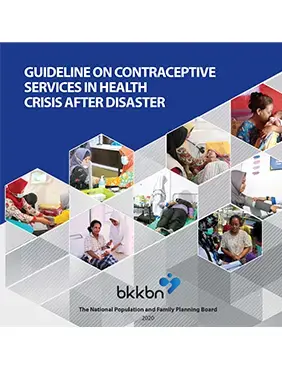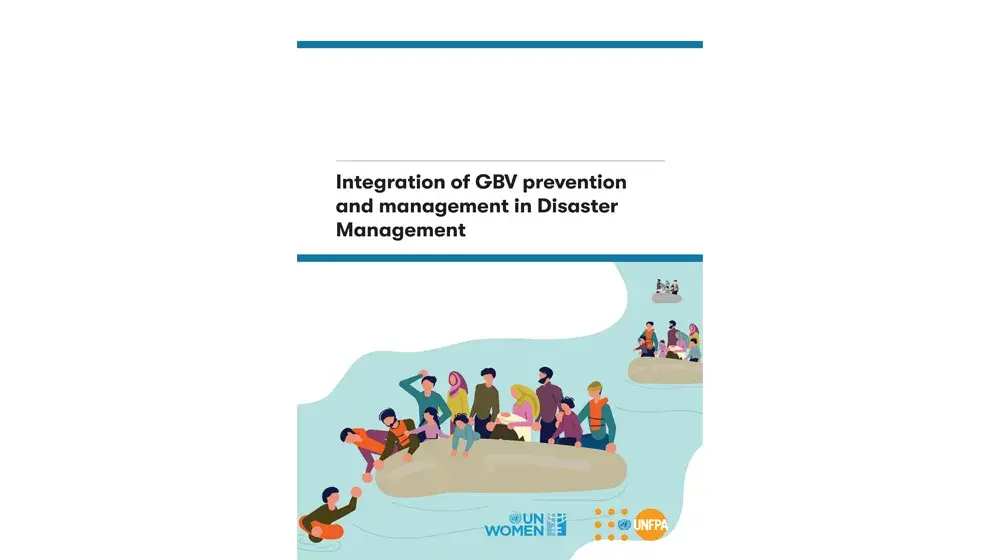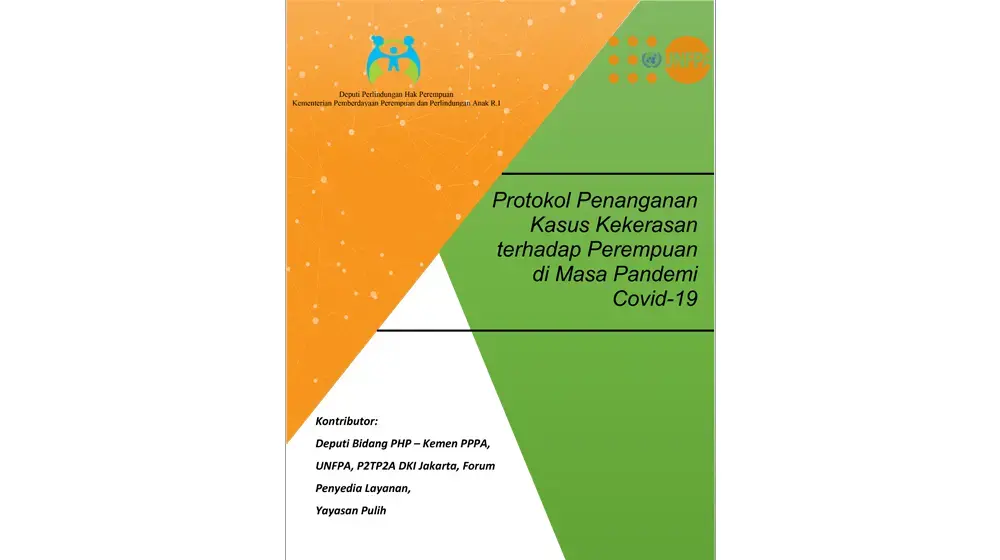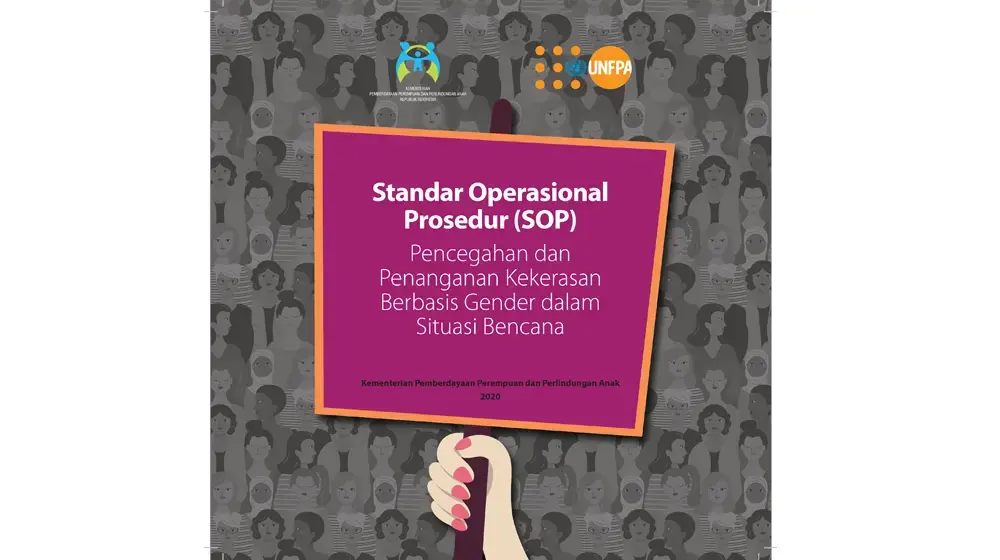One of the challenges that occur during the recent emergencies in Indonesia is to accommodate family planning (FP) needs among Internally Displaced Persons (IDPs) during the disaster response phase (crisis situations). Women do not stop becoming pregnant or giving birth, therefore access to skilled birth attendance for safe delivery needs to be ensured. Apart from that, continued access and services to FP are also critical. It prevents unintended pregnancies and lowers the incidence of death and disability related to complications of pregnancy and childbirth. The unavailability of contraceptive services in a health crisis can also cause the spread of STI's/HIV. In order to accommodate FP needs in crisis situations, under the leadership of BKKBN, UNFPA developed a key document, the Guideline on Contraceptive Services in Health Crisis after Disaster that covers critical steps for the stakeholders to take during the disaster preparedness phase, crisis response phase, as well as coordinated transition back-to-routine services to minimize the disruption in FP services. This guideline will assist programme managers and related stakeholders in increasing access and availability of voluntary contraceptive services, in an effort to ensure the continuity of family planning and prevent unintended pregnancies in crisis situations.
What we do
Guideline on Contraceptive Services in Health Crisis After Disaster

Publisher
UNFPA Indonesia, BKKBN
Number of pages
150
Author
UNFPA Indonesia, BKKBN
Technical Reports and Document
Guideline on Contraceptive Services in Health Crisis After Disaster
Publication date
30 June 2020
Latest
Publications
06 September 2023
Integration of GBV Prevention and Service in disaster management
Read storyPublications
06 September 2023
Protokol Penanganan Kasus Kekerasan terhadap Perempuan di Masa Pandemi Covid-19
Read storyPublications
06 September 2023




